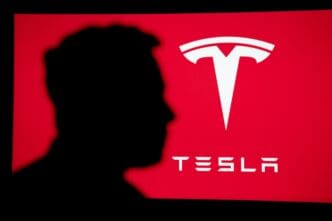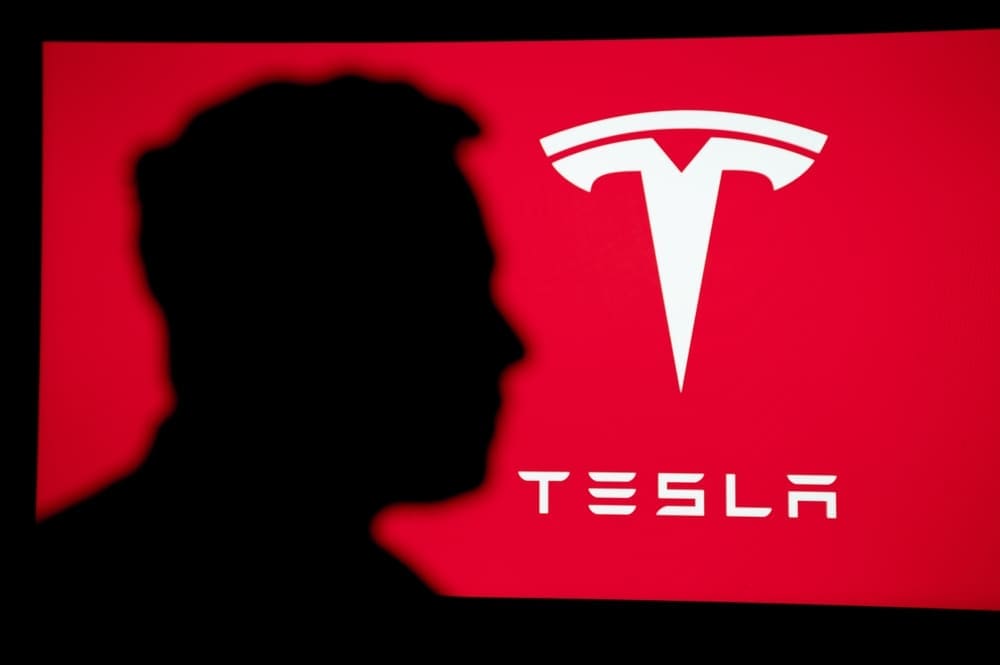Wedbush analyst Dan Ives has expressed concerns over Elon Musk’s current political affiliations and their negative impact on Tesla’s market presence in China, which is the company’s second-largest market. Ives points out that Musk’s association with President Trump and the administration’s tariffs could deter potential Tesla buyers in China. Moreover, Musk’s alignment with right-wing politics appears to be affecting Tesla’s demand in the U.S. and Europe as well.
Ives cautions that the coming year could be challenging for Tesla if Musk doesn’t reconsider his political stance or reduce his involvement with the government cost-cutting group. “This could be a brutal year ahead if Musk does not exit stage left or take a step back on DOGE in the coming months,” Ives notes.
The analyst highlights a growing crisis for Tesla, with major protests emerging globally at Tesla dealerships, incidents of Tesla cars being vandalized, and an escalating brand image crisis. According to Ives, these developments have created a considerable negative impact on Tesla’s stock performance.
Even preceding the tariffs imposed by President Trump, Tesla’s stock had experienced a significant decline of over 40% from its peak in mid-December. Despite the downturn, Ives has adjusted his price target for Tesla to $315, suggesting that substantial gains are still possible. At the start of the week, Tesla shares were trading at $229, reflecting a more than 4% decrease.
The Ripple Effect: Navigating the Nuances
- Consumer Hesitation: Tesla is already experiencing a significant drop in sales and a loss in value, but potential buyers in China, the U.S., and Europe may continue to hesitate to make purchases due to Musk’s political stance. This hesitation could affect sales and market growth in 2025 and beyond, worsening the company’s position in the market.
- Stock Market Impact: The volatility of Tesla’s stock is influencing investors’ confidence, potentially leading to reduced investment in the company.
- Brand Image Concerns: Tesla’s brand reputation is at risk with global protests and acts of vandalism, which could impact customer loyalty and future sales.
- Economic Implications: Tariffs and political affiliations might lead to increased manufacturing costs and supply chain challenges, affecting the final pricing and availability of Tesla vehicles.
- Market Strategy Adjustments: Tesla may need to reassess its market strategies and leadership approach to stabilize and regain consumer trust and sales momentum.
- Community Engagement: The situation might spark broader discussions about corporate responsibility and political neutrality, influencing how companies engage with their communities and stakeholders.







